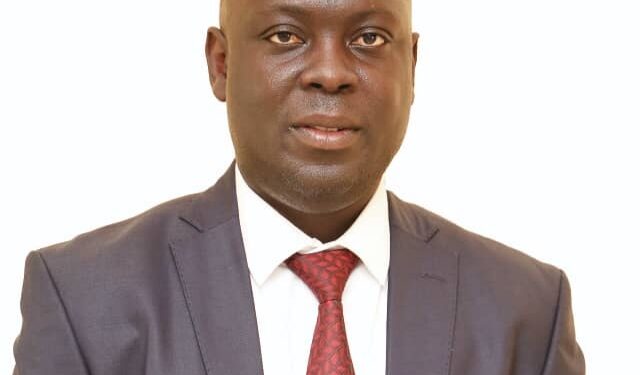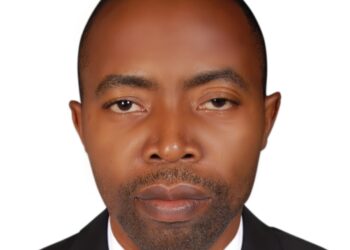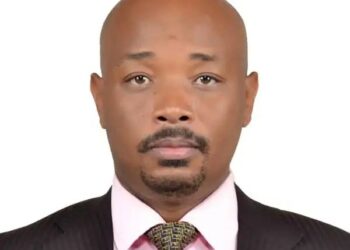I am back on the subject of human rights and torture claims in Uganda, in particular as advanced by the political opposition. I have always taken keen interest in allegations of torture and brutality because no Ugandans should be mistreated, tortured or denied their due consideration in our motherland.
H.E the President has done his level best to explain Government’s position on human rights, defended actions that are defensible and condemned those that deserve to be reviled. As citizens and leaders, we should take it on from there!
Uganda runs a system that recognises, promotes and instills a culture of human rights observance. Uganda Human Rights Commission (UHRC) exists as a statutory body to attend to all matters of human rights nature. It’s supported from the Consolidated Fund and, therefore, must do its Constitutional duty to protect Ugandans without prejudice.
I know many aggrieved Ugandans have found redress at UHRC. Whatever anyone’s misgivings, it’s always right to give recognised bodies chance to attend to their issues and resolve them. That is possible with reasonable cooperation with such organs.
I have been following the recent “exchange” between UHRC and the leadership of the NUP, on the backdrop of reports of party members allegedly tortured, kidnapped or even killed. Usually, NUP says that thousands of their members have had their rights abused and that Government has done nothing about it or that Government security forces are behind the ordeals.
A prominent case that was raised (in the media) was that of Mr. Tumwesige Eric who was paraded with torture marks. My research established that staff of the UHRC requested access to the victim to interview him but the leadership of NUP said he was too traumatised and that he couldn’t go to the offices of UHRC at Naguru, apparently because they are near the Police headquarters. When requested that he is interviewed elsewhere, they said “he is still in a state of shock and cannot talk”. While Eric and others that have suffered grievous can indeed be in a state of shock due to trauma, that they cannot talk to investigators but can only talk to politicians is a paradox that should attract a closer look. What would be the purpose of parading such individuals when they cannot provide details to help follow up their cases? What should the public take?
This challenge of lack of cooperation and absence of transparency when reporting cases threatens the whole concept of human rights and raises the possibility that there is something behind the endless allegations of gross human rights abuses around. They usually say, “Help Government to help you.” If Government is accused of inaction yet the “aggrieved” are only interested in gaining the limelight and public sympathy, should we say that Government is blamed for not according the complainants attention and that all they need is to be seen on TV or in the newspapers? Should NUP be legally coerced by invoking the law on concealment of vital information? To what end?
I believe that it is in the interest of victims, their families and friends, organisations where they belong and society at large, if we agreed to move together and be open about happenings in our society, and then forge a way to manage them.
I established that in November last year, following persistent claims that thousands of NUP supporters had been kidnapped or gone missing, UHRC wrote to NUP requesting for information on persons they alleged to be missing and their details, including their next of kin and identification details.
NUP did well and responded-with particulars of 25 people alleged to be missing. The Commission followed up the details, got in touch with the next-of-kin of the persons and in order to obtain further and better particulars concerning circumstances of their “arrest” or whether were still missing. It was established that out of the 25, seven were released in December 2022, and reunited with their families-some had been charged with murder and others with malicious damage to property. They were all still honouring their terms of reporting to police.
The Commission found out that 17 were still missing but couldn’t establish the status of one person since the contacts of relations were not available. This kind of engagement is most commendable but on condition that all parties involved are honest and without bias. The Commission should spare no effort and engage all means possible to establish the status of all those reported missing and provide their findings to the complainants. That will build more trust in the Commission for the public to share more such information. The Commission should expand its outreaches to sensitise citizens on their rights and how to report any threats or violations and to appeal to them to consider the rights of others while enjoying or advocating for theirs.
On the side of NUP, it would be best if they provided the additional list of “victims” as announced in the media- said to be in their thousands- for their cases to be followed up and their fate established. They need justice if they exist and that justice can only be obtained if they are accounted for and the due process of affirming their rights is engaged. NUP should also guide its members on avoiding risky situations at all times and respecting the rights of others including the right to shades of thinking.
In the end, an individual’s human rights start with the individual self before demanding for respect of those rights from others and the state to safeguard those rights.
The author is the Deputy Presidential Press Secretary
Email: faruk.kirunda@statehouse.go.ug
0776980486/0702980486
Do you have a story in your community or an opinion to share with us: Email us at editorial@watchdoguganda.com













